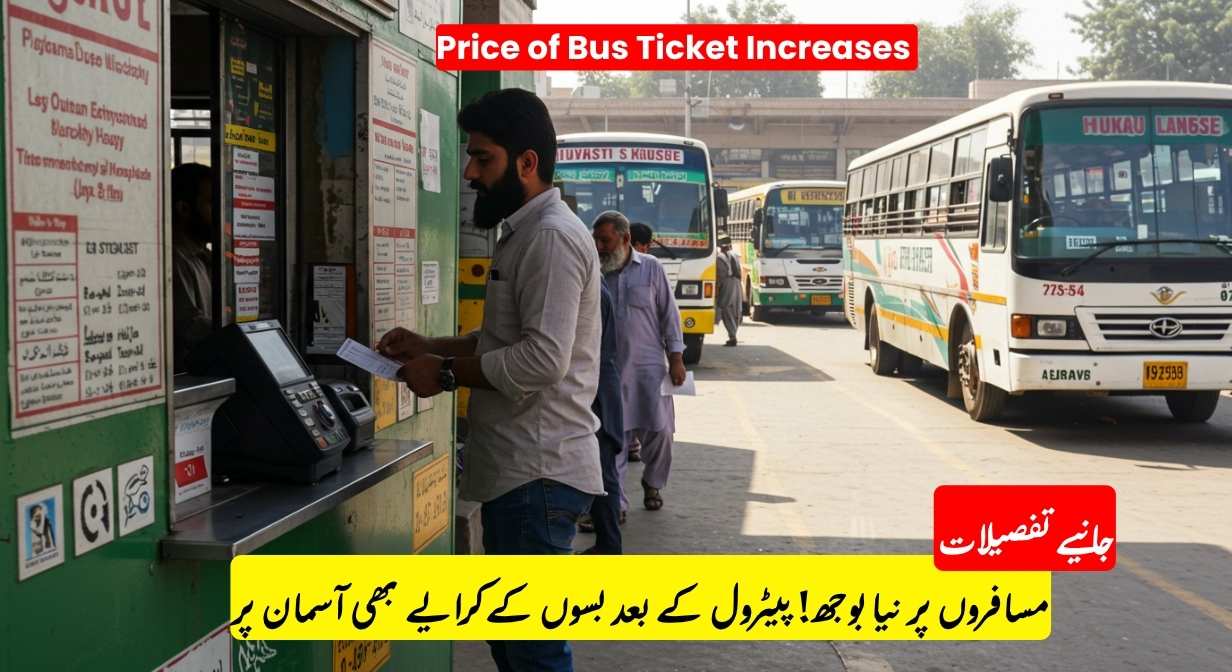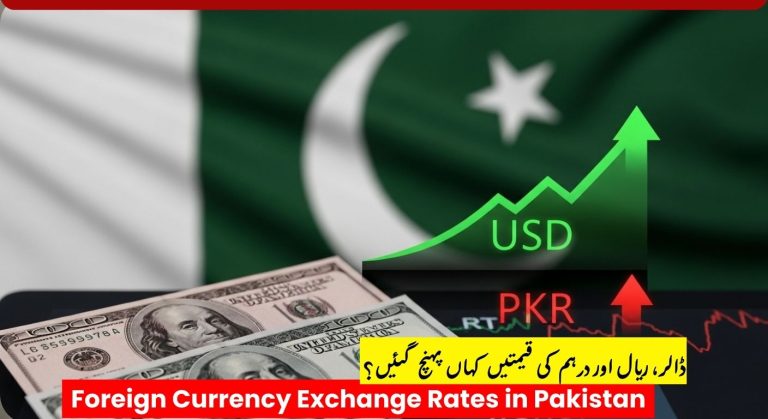Bus Fares Hiked Following Increase in Petroleum Prices

After the recent hike in petroleum product prices in Pakistan, intercity bus services have raised their fares, adding to the burden of passengers already facing rising living costs.
Passengers Express Concern
Several commuters have voiced frustration over the unexpected fare increase. A traveler reported paying Rs. 2,000 for a one-way trip to Sadiqabad just days ago, but now being charged Rs. 2,300 for the same route. Another passenger who traveled from Mirpur Khas said he had paid Rs. 2,500 earlier, but transporters are now demanding Rs. 3,000 for the return journey.

Transporters Justify the Fare Hike
Transport operators defend the decision, stating that the rise in fuel prices has significantly increased their operating costs. “When petrol and diesel become more expensive, everything from engine oil to spare parts and maintenance costs goes up,” said one transporter. “Increasing fares is not something we want to do, but we have no choice if we want to keep running our services.”
Background
On July 1, 2025, the federal government announced an increase in the prices of petrol and diesel, citing global market trends and rising import costs. As a result, fuel prices jumped by over Rs. 15 per liter. This sudden hike triggered a chain reaction, affecting not only public transport but also the prices of essential goods due to higher transportation costs.
Impact on Commuters
The fare increase has placed an added financial burden on daily and long-distance travelers, especially those commuting between cities for work, education, or medical reasons. Many fear that continued hikes in fuel prices will further limit affordable travel options for lower and middle-income families.
Experts Suggest Regulation
Analysts and consumer rights groups are urging the government to implement stricter oversight on public transport pricing. They suggest that a regulated fare adjustment formula linked to official fuel price changes be introduced to avoid exploitative practices.
Until then, passengers across the country will likely continue to face higher travel costs with every fluctuation in petroleum prices.








